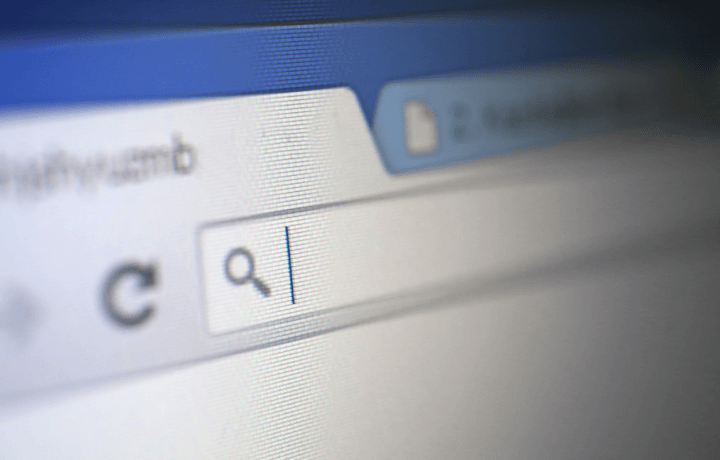We’ve previously covered how the war in Ukraine could affect security clearance holders – from why clearance holders should avoid giving money directly to a foreign government, to why current clearance holders should not pack up and head to serve in Ukraine’s foreign legion. While the assumption is that those standing firmly on the side of the U.S. and freedom would support Ukraine, you know what they say about assuming – what about supposed Russian sympathizers in the current conflict?
Some are surprised that security clearance holders don’t check their freedom of speech at the door. Individuals are free to make statements – even those that may contradict the government they serve. But does that really extend to those making statements that may be construed as supporting Russia in the war in Ukraine?
It wouldn’t be the first time a notable member of the government national security community seemed to develop a preference for life under an authoritarian regime. Edward Snowden made headlines for growing silent in the weeks following Russia’s invasion. He’s found some moments back in the spotlight – but one can certainly presume they are all well screened by his Russian handlers. It seems to go without saying that anyone with a security clearance would find Snowden’s theft of classified materials to support – if for nothing else than the new era of security protocols his crimes created. But whether it’s Putin or Snowden or Snapple – security clearance holders are free to make statements of opinion about other people, countries, and policies.
There are always two sides to the equation – what you can do, and what is wise to do. Social media may not be a part of the current security clearance background investigations process – but it could be in the future. What you say online matters, including statements about foreign governments and foreign policies. Freedom of speech may protect your statements – assuming you’re not advocating for a foreign government against the United States. But freedom of speech might not necessarily keep you gainfully employed if you’re espousing pro-Russian sympathies online.
This is also always a good time for a reminder that just because a member of congress says something crazy doesn’t mean a security clearance holder should. While members of congress do have access to classified information based on their positions, they don’t go through the typical background investigation process. And often, it shows.




